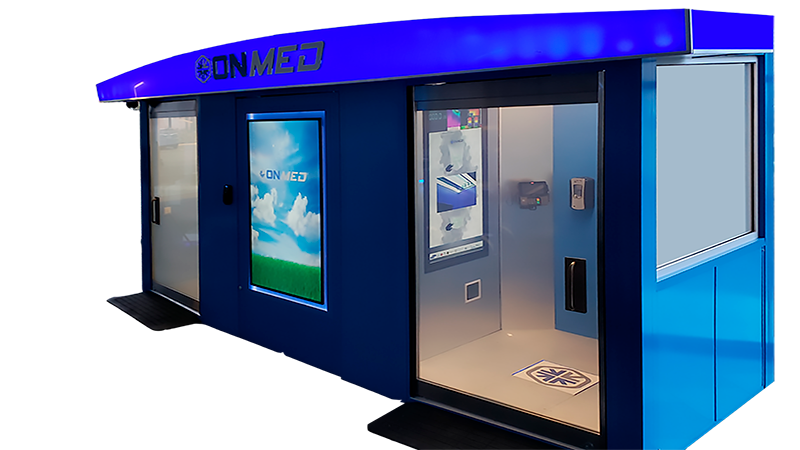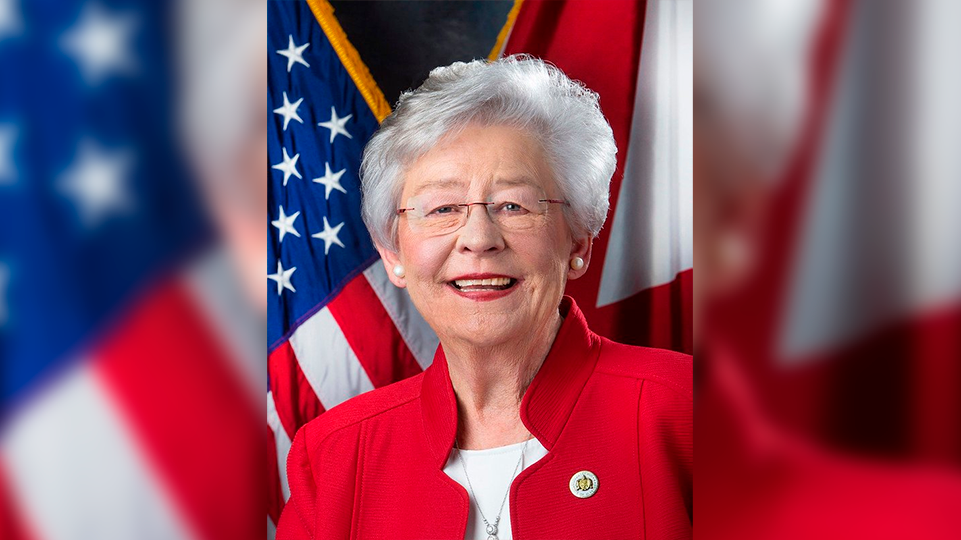Rural Health Project bringing telehealth to LaFayette
Published 5:42 am Friday, August 6, 2021
|
Getting your Trinity Audio player ready...
|
Chambers County, the City of LaFayette and Auburn University Outreach are partnering to bring telehealth services to LaFayette.
The Rural Health Project will utilize a kiosk developed by Tampa, Florida-based OnMed to provide much needed health services to the residents of LaFayette.
The kiosk will allow residents to go in and have vital signs taken, talk to a physician virtually and provide the patient with a prescription that they can get filled at their pharmacy of choice.
Some OnMed units have the capability to dispense medications, but Auburn University Outreach and Public Service Assistant Vice President Hollie Cost said this is not in the initial plans for the pilot program in LaFayette.
The kiosk will be located at 410 9th Ave SW, next to the Chambers County Department of Human Services office.
Cost said although the main function of the facility will be to host the OnMed kiosk, it is much more than that.
“What we are doing is we’re not only going to have the kiosk located in the big foyer area of the building, but then our nursing programs, our kinesiology program, our pharmacy program, a lot of different educational programs throughout the university will be also providing services to community members in Lafayette,” Cost said. “So, it’s more than just let’s get you checked out and see if you have poison ivy and give you a prescription. A lot of health education will come about because of this, we’re looking at having health fairs and working with the school system. So, it’s a lot more than just a small medical unit.”
Cost said Texas A&M is the only other university in the United States administering a program such as this.
“They [Texas A&M] have a model like we’re using. They put this medical kiosk out in the rural community, so that it can really improve access to health care because that’s another issue that we’re interested in is health equity,” she said. “We know in Alabama, in particular, a lot of folks in rural areas just do not have equal access to health care.”
Many residents of LaFayette currently walk in at the LaFayette Fire Department and while LaFayette Fire and EMS Chief James Doody doesn’t think the kiosk will eliminate that, he says the kiosk will allow for quicker health care. Cost said the department sees 10-15 walk-ins per day.
Doody says his department’s average transport distance is 24.6 miles with the EMS side responsible for covering 420 square miles of Chambers County.
“I just think it’s vital,” Doody said. “And it’s long overdue, especially for the rural areas.”
The two-year pilot program will come at a cost of $250,000 per year, Cost says and with more funding opportunities, more services could be provided.
Chris Busby, director of commercial & community development for the Chambers County Development Authority, said he was going to try and use Community Development Block Grant funds for the project.
“With this whole CDBG grant that didn’t work for the broadband thing, we pivoted and thought maybe it’s a possibility to use it with that,” Busby said. “We don’t know if it’s going to work that way because we’re on a timeframe for it. But if we can use that money for it, then that would be a good use and would help make it not just active for the first couple years, but also maybe sustainable for years going forward.”
Cost and the team involved in the project have been meeting with community leaders as well as community members to find out what the needs are in the community.
“We went to the back to school bash this Saturday and met with a lot of parents out there and kids and found out where they got their healthcare. We didn’t give a lot of information about the kiosk, we just wanted to get to know them a little better and find out what their interests might be and how they are accessing health care,” she said.
Dr. Linda Gibson Young will serve as the site-based director and will supervise the nursing students on site.
“With all outreach initiatives, this is a symbiotic project. We expect the community to benefit greatly from all of the services that the university is able to provide,” Cost said. “But also, all of our students are going to get exceptional training, under the direction of their professors on campus, licensed professionals and then in turn, because of that training, they’ll be able to get out in the community, and they’ll be much more highly-trained once they’re out in the community once they graduate. So it’s a win-win for all of us.”
The initiative start date is set for Aug 16, but Cost says she does not expect to open the kiosk until January at the earliest.






